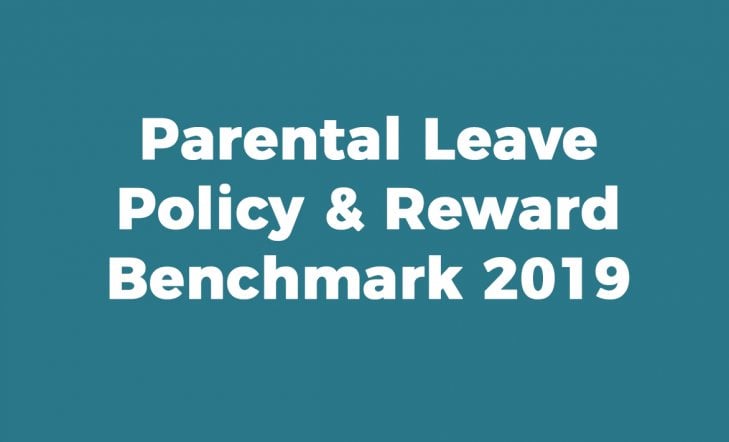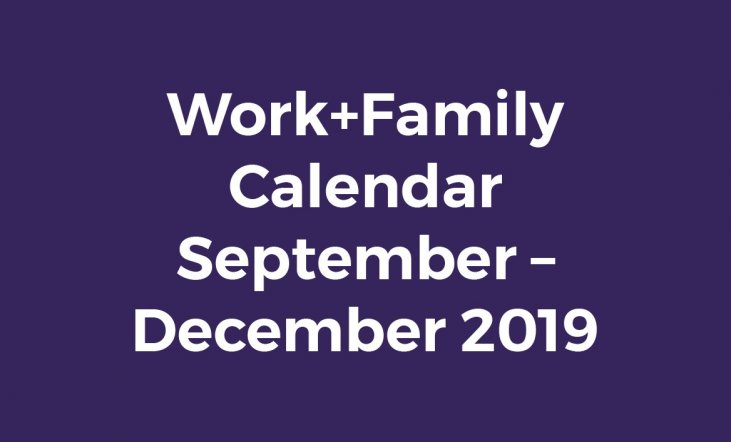Downloads
Newsletter Sign Up
Regular work+family updates for
HR and diversity professionals.
My Family Care asks Chris: Research shows that we are part of an ageing population. How is this influencing work, life and family balances? What pressures does it create and what advantages can be taken from the shift?
The ageing population
It's no secret that the British population is ageing and whilst currently one in six of the UK population are aged 65 and over, by 2050 it will be one in four.
People are living for longer and this puts strain not only on hospitals and care homes, but also on families and their collective finances, as many people have to support older relatives for a greater period of time.
It is wonderful that medical advances have made a positive contribution to so many people living longer and richer lives, however this period can sometimes be tainted by the worry of what care they will need, how they will pay for it, how much their pension is worth and how much of a burden they feel they are becoming on their families.
A frequent concern is the cost, availability and quality of care, especially with the recent negative press surrounding care homes, care staff and elderly care in hospitals.
The challenges that ageing presents
It is therefore, important for people to start thinking about some of these challenges that ageing can present, as early as possible. This enables them to plan, prepare for and manage these situations as best as possible, rather than facing big decisions under urgent circumstances, with little time to find out about what options are available.
It is also important to remember why people may be reluctant to discuss a need for assistance, or the idea of moving out of their home.
Common reasons we have found for people to be reluctant about having The Big Conversation includes:
- The loss of their independence and sense of control over their own lives
- The fear of losing their pets and having to give up a home which holds countless memories
- Moving away from friends, neighbours and an area that they know and love
- Having to face the administrative and logistical hassle of selling their home and finding somewhere new where they feel comfortable
- Accepting that they may now need help with basic everyday tasks such as bathing, using the toilet, cooking and cleaning
- Coming to terms with potentially nearing the end of their own life or that of their partner
- Ultimately losing the familiarity of what they know from their everyday life.
The 'Big Conversation'
This decision is often made because of a big event, such as an accident that results in a period of hospitalisation or reduced mobility.
The Big Conversation about care and where to go next is then rushed and not everyone has time to investigate and discuss all of the options in enough depth before a decision on care has to be made.
Support for those looking for care options either for themselves or for others is desperately needed, which could be as simple as having someone there to talk through the options and help families with research in order to make sure that they find the best solution for them.
There are warning signs that people should be aware of, and it is at this time when it's a good idea to have the Big Conversation (or start on Little Big Conversations!):
- Having difficulty with normal everyday tasks
- Forgetting to take medication, forgetting to eat meals, leaving the oven on and forgetting to lock the door
- Withdrawal from social activities in an uncharacteristic manner
- Becoming financially irresponsible in an uncharacteristic fashion
- Increased frequency of injuries
- Displaying a change in their behaviour.
This is always one of the biggest transitions in anyone's life journey and one that can be smoother if people start preparing in advance, with respect to:
- Home safety and modifying the home for injury prevention (or downsizing)
- Healthy ageing activities
- Care planning
- Understanding fears and anxieties and finding appropriate sources of emotional, financial and informative sources to help
- Legal and financial planning
- Social activity options
- Transportation options
- Telecare planning
- Benefits and pension allowance planning.
As with most aspects of life, the better informed and better prepared we are, then the better the likely outcome.
Of course, it is very natural for all of us to be reluctant to bring up ageing and its potential impact on family members (both siblings and parents). However, if such conversations can be held prior to an increasing vulnerability becoming apparent, an illness or a traumatic event such as a fall occurs, then that can definitely help with the wellbeing of all concerned, in both the short and long term.
Chris Minett, Founder of Action for Ageing












